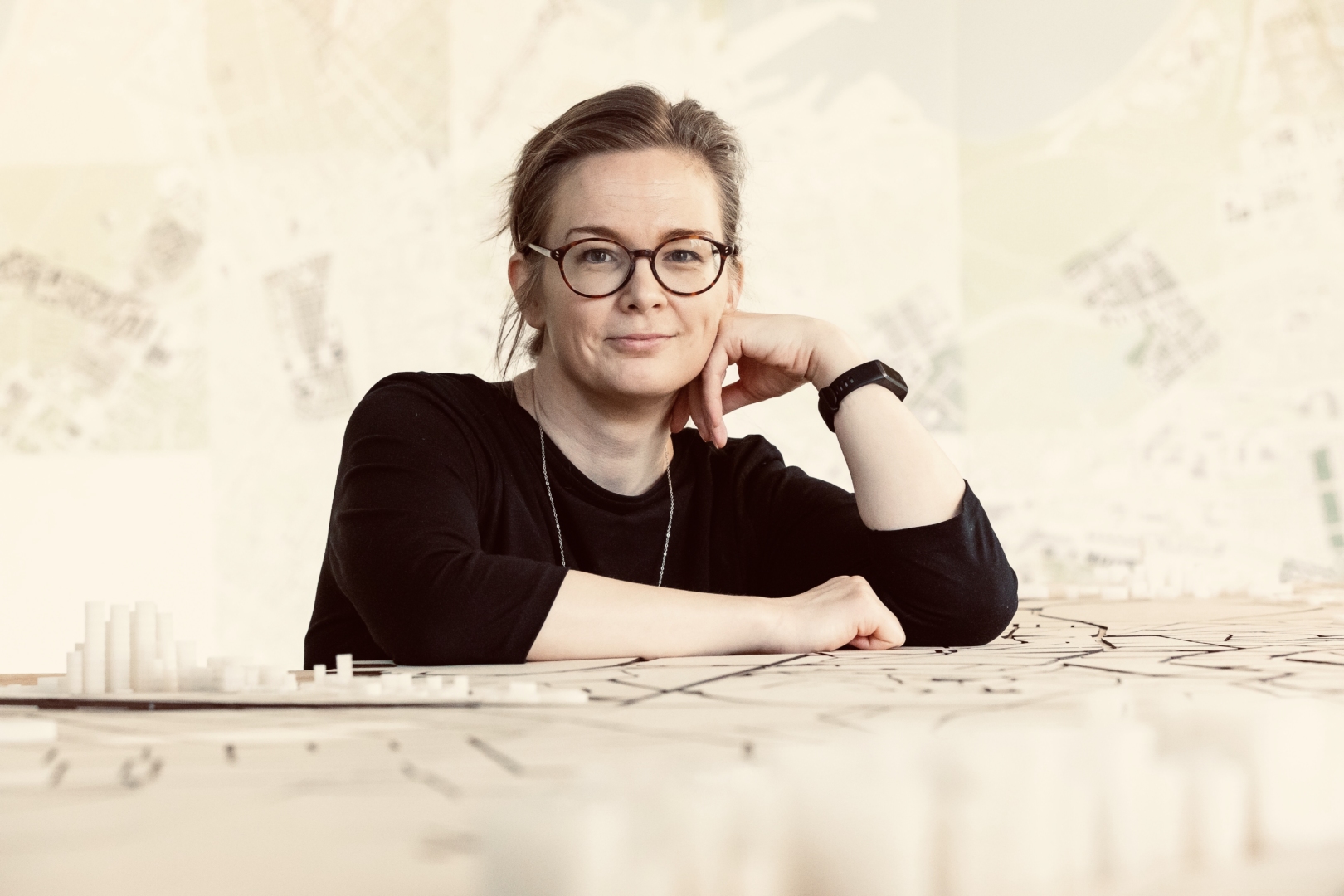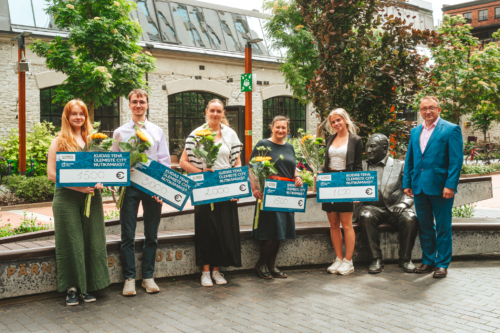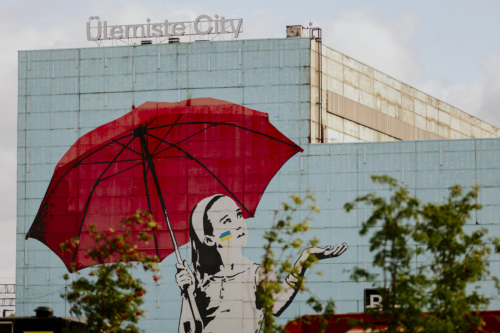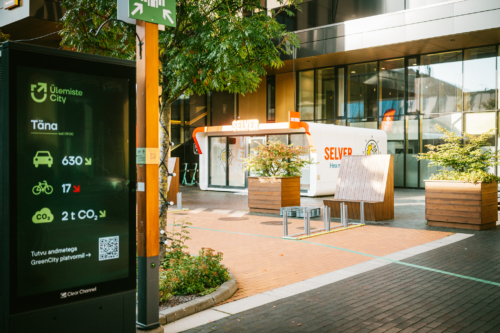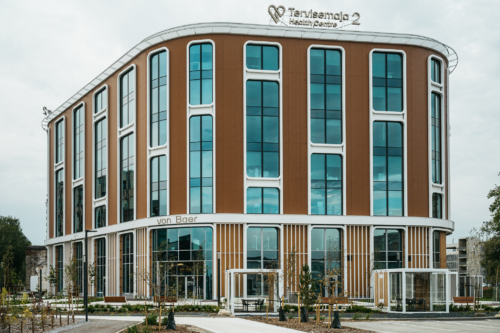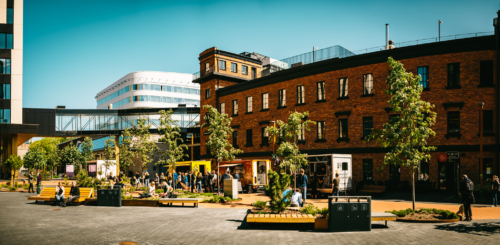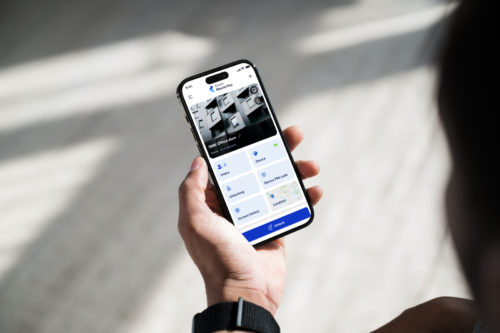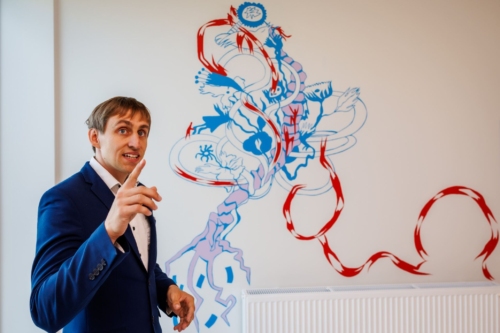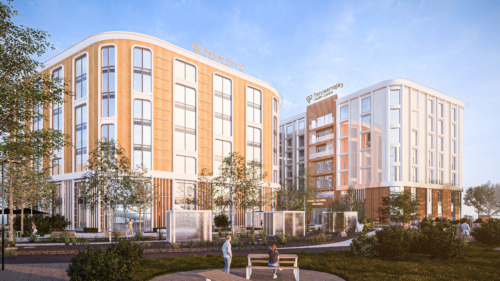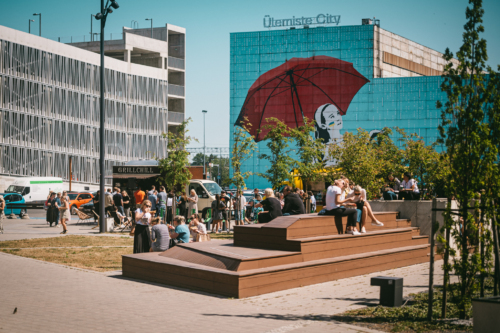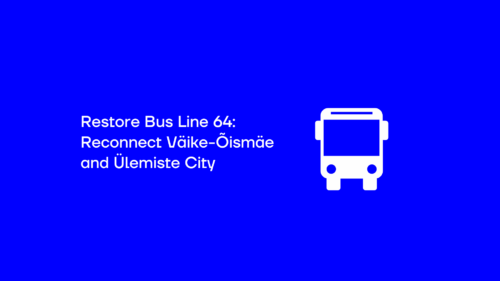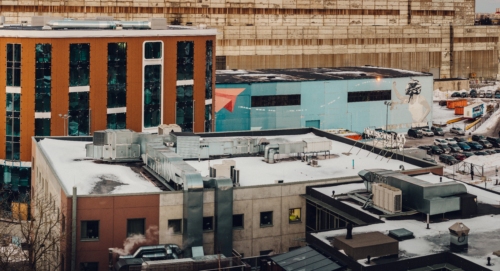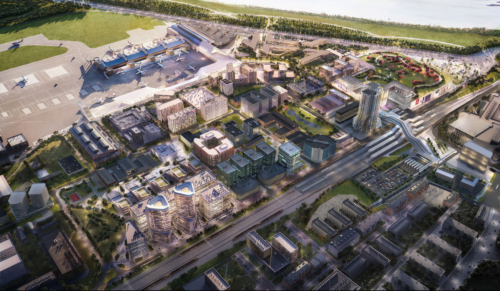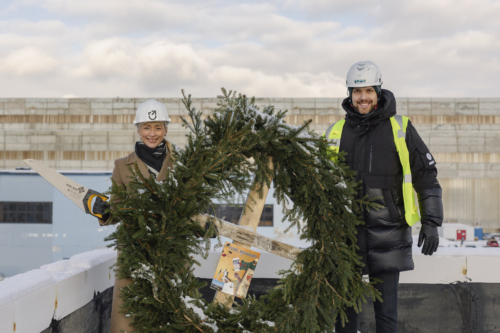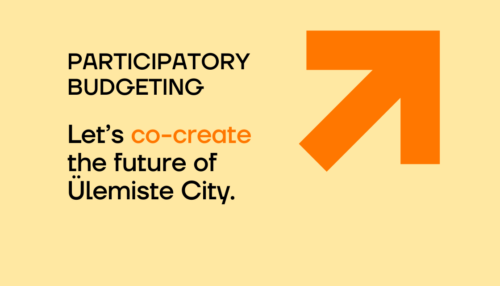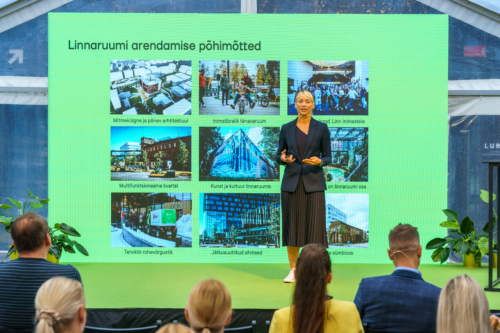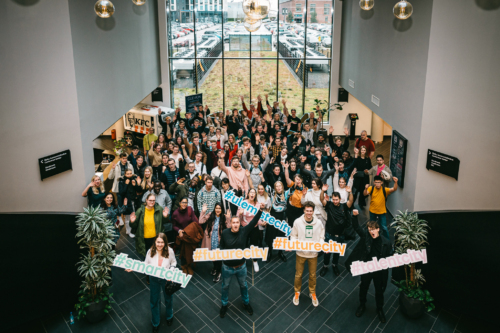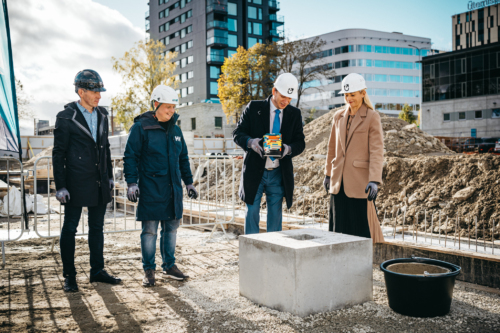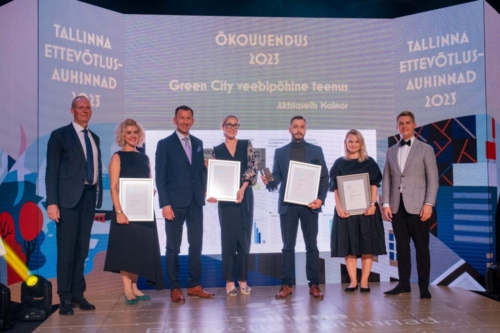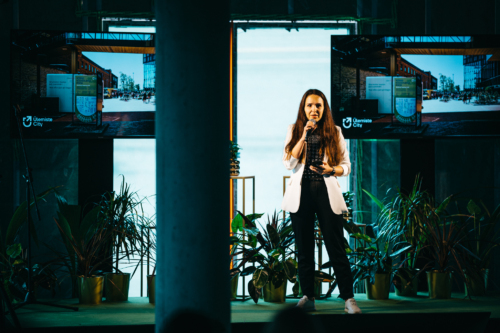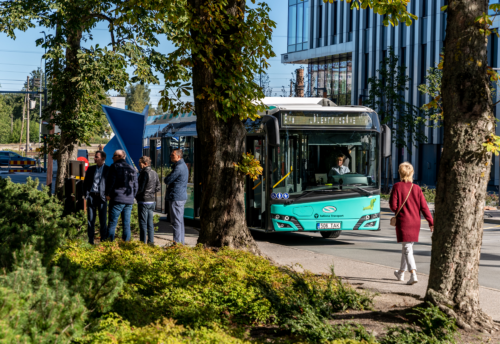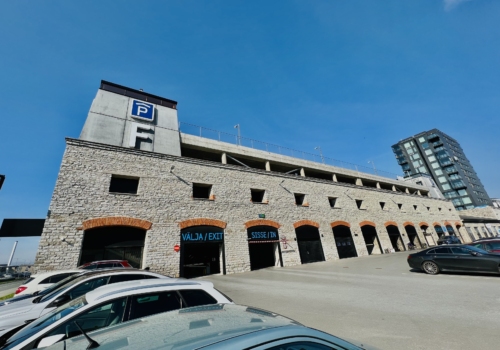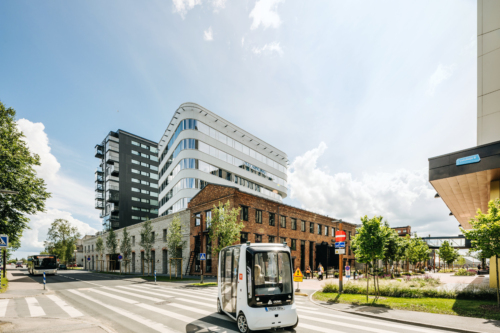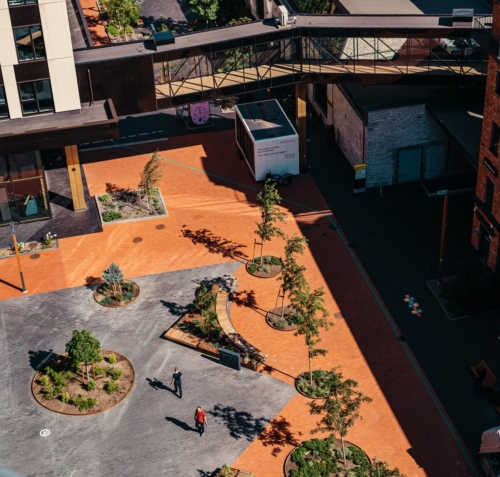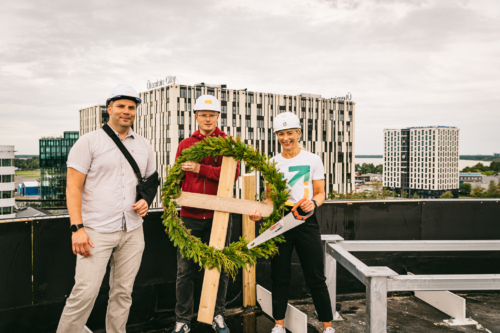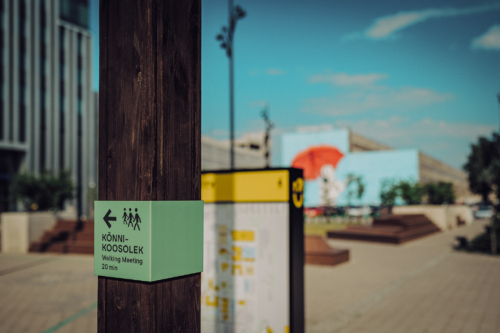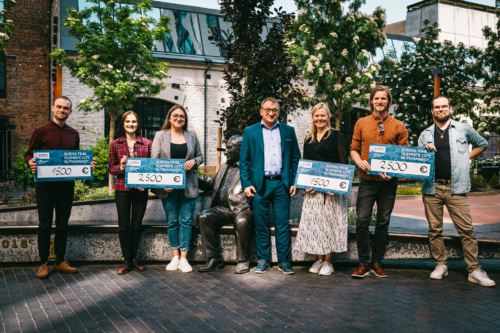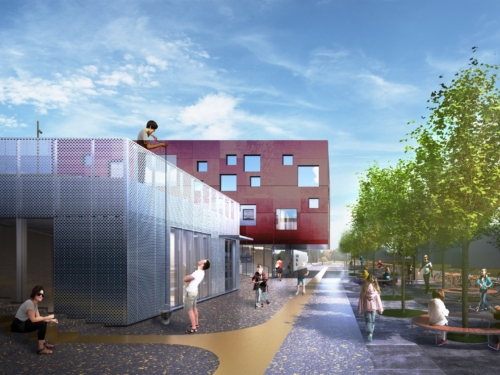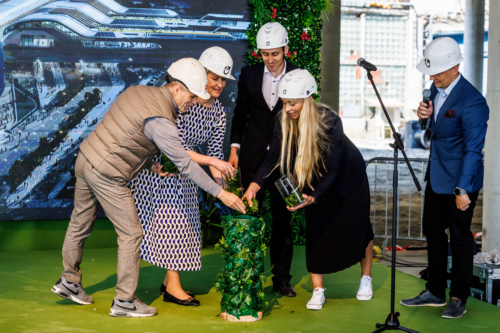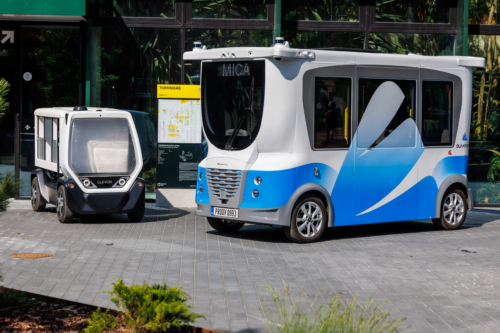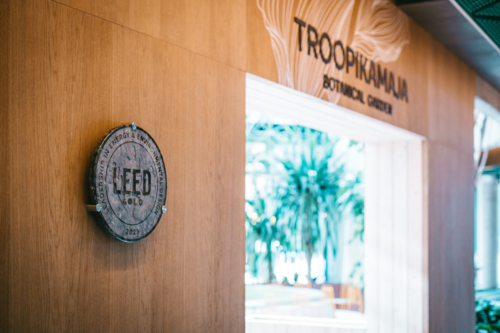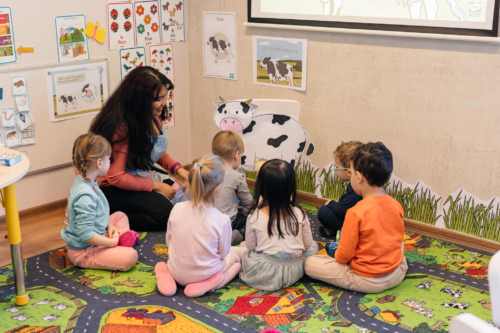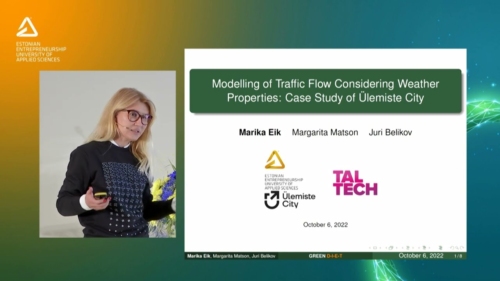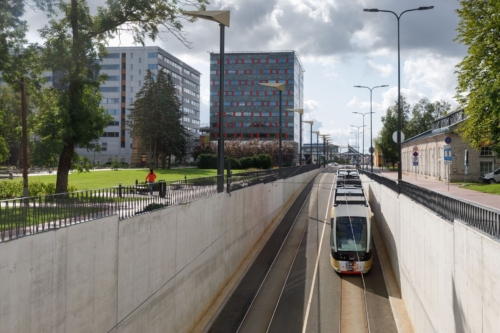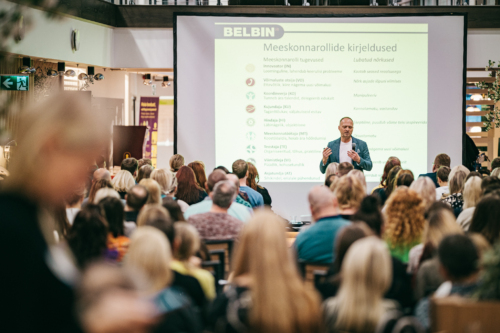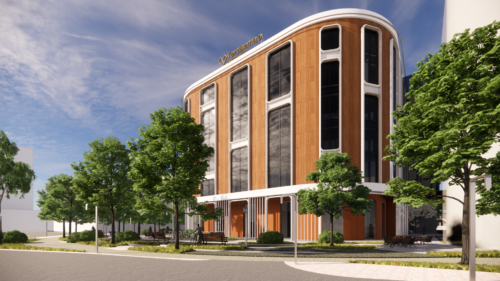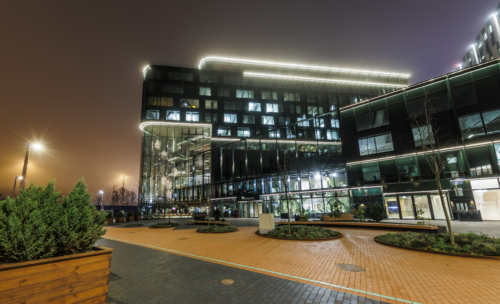City of the Future professor begins working at Ülemiste City
The desire to create a science-based and intellectual environment in Ülemiste City became an important pillar. In cooperation with TalTech, the action plan of the City of the Future Professorship until 2023 was approved, and Professor Jenni Partanen, from Tampere University of Technology and Aalto University, who had passed a close international competition, was selected as the Professor.
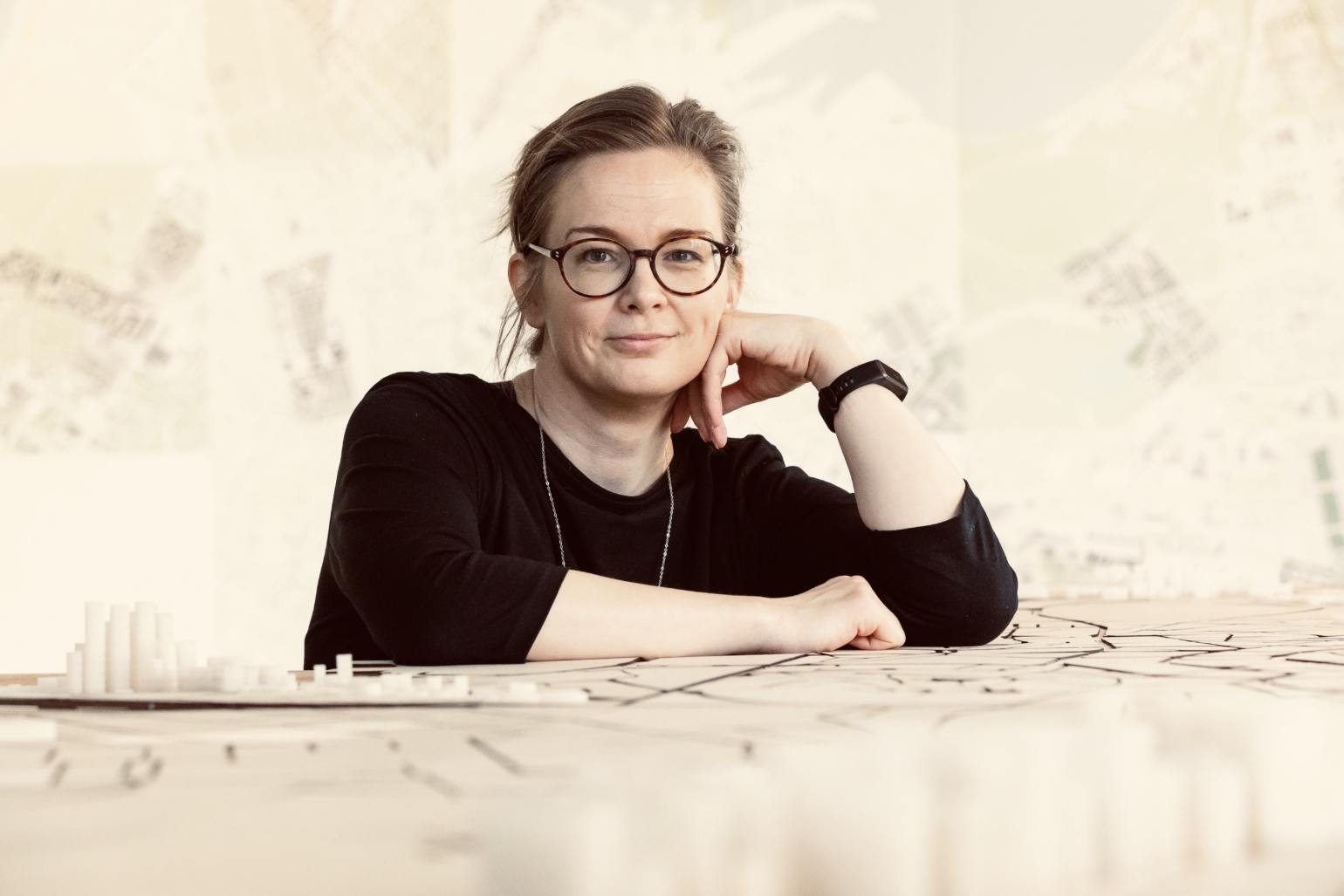
The City of the Future is not a collection of flying cars and visible technologies. The City of the Future is a friendly and pleasant place to work, study, live and be. In such a city, technology is an invisible helper, taking care of those activities for which people do not want to waste their time. People are gathering where there are better lives and better working conditions, but well-being must not collapse due to denser populations, time, and nerve-wrecking traffic jams. In this way, fast-growing cities and city centres must maintain a functioning infrastructure and a pleasant environment.
The big challenge is to develop the city and urban centres so that the environment and services offer inspiring experiences while leaving people with enough breathing space.
According to Partanen, there are a lot of changes taking place in the world in the current era, which creates exciting grounds for her as a researcher. ‘Committed to researching cities, I see that cities themselves have a major role to play in bringing about these changes, as they are the ones with the largest share of production, innovation and people.’ While some of these changes are to be expected, then other times we may be suddenly hit by a global crisis. The most obvious example of this is the pandemic that broke out this year, which virtually paralyzed the whole world and which, according to Partanen, was spread by both globalization and population density in big cities.
Changes in the city can be positive. The development of technology makes it possible to solve many of the problems of the modern era, which have arisen either due to changed lifestyles or needs. For example, the fast-growing campus of Ülemiste City has many employees but few inhabitants. This means more traffic and more drivers, which is why a smart parking system has been created that combines road signs, billboards, an online environment and, most importantly, an artificial intelligence that analyses video camera images. Until now, finding a parking space had been a question of luck, but smart technology has solved this problem. However, the focus of the problem is on reducing car use.
‘Research on the modern city, its environment and employees, provides an opportunity to develop new solutions and plan activities to support a vibrant and thriving urban environment. To this end, the effects of technology and changing trends in mobility, work, lifestyle and economic viability and quality of life must be considered,’ said Partanen.
Before the smart transition
According to Partanen, many cities are facing an evolutionary ‘smart’ transition and now is the right time to prepare. Just as steam and internal combustion engines and the telegraph and the Internet changed the world, so will self-driving vehicles and virtual technology.
‘By smart transition, I mean the drastic changes that are likely to take place soon due to technological developments. Technology has the potential to radically change the way we live in the city, where we move and meet each other. These are individual decisions in many ways, but over time they can become collective and create new trends,’ she said.
To better predict these trends and prepare cities for the changes ahead, Partanen believes that the impact of new technologies and changing urban dynamics need to be understood. ‘Urban systems can be considered similar to natural ecosystems. They cannot be fully controlled or created from scratch, but they can be directed towards the desired goals. However, in-depth research is needed to propose the desired solutions for better urban planning and management,’ she explained.
One of the hallmarks of a successful city is the people. The competition for talented workers is global and cities are competing for the best. Kadi Pärnits, Chairman of the Management Board of Mainor AS, thinks that on the one hand people are motivated by salary, but on the other hand, something more is expected today and a work environment where they spend their time and create value daily is becoming more and more important. ‘In a global world, talents and the talented have the opportunity to choose where to establish themselves in a company. If we can use our strengths to create a truly pleasant working and living environment for a talent, one that they really want to come to and stay in, everyone will benefit. A good employee creates value for the company, their satisfaction determines not only the internal climate of the company but also the complete atmosphere of the city or campus,’ she said.
Three main directions
According to Pärnits, with the help of the City of the Future Professorship, knowledge and data will be tied to the changing city and renewed work and behavioural habits and preferences. ‘The result is real tools and knowledge to make cities more attractive and their economic environment more viable,’ she said.
To understand urban development, develop planning and improve the quality of urban life, the Professorship focuses on three main themes: a functional city, a mobile city, and a smart urban economy.
In the case of a functional campus, the aim is to agree on the principles and tools needed for urban development and to address the challenges related to the behavioural changes of the people living on the campus: new behavioural habits, new centres of attraction and sustainability.
As a result, the creation of a model for assessing the impact of new developments on the region’s accessibility and mobility is planned.
With digitalisation, people’s need to move around daily becomes often unpredictable. For example, mobility is affected by the introduction of new and developing modes of transport (self-driving vehicles, cycle and pedestrian tracks, etc.). With the research direction of the mobile campus, it is planned to apply different calculation models to evaluate the decisions related to the movement of the city and at the same time to analyse, for example, the impact of the Rail Baltic terminal and related developments on the area’s mobility opportunities and load.
In the case of a smart urban economy, the aim is to better understand the preferences and needs of people working in the city to make the city more attractive and to improve the quality of urban life based on research. The results of the study will also be compared with relevant economic and urban theories to provide a common understanding of urban planning and governance. As a result of the activity, it is planned to create a model for evaluating the efficiency of the public space. The City of the Future Professorship was born in cooperation with TalTech, AS Mainor, AS Technopolis Ülemiste, AS Mainor Ülemiste, the City of Tallinn, AS Ericsson, and AS Telia. The work of the Professorship is carried out based on an action plan, which by the end of 2022 allows us to expect the first models and solutions to be actually implemented in the urban environment.
